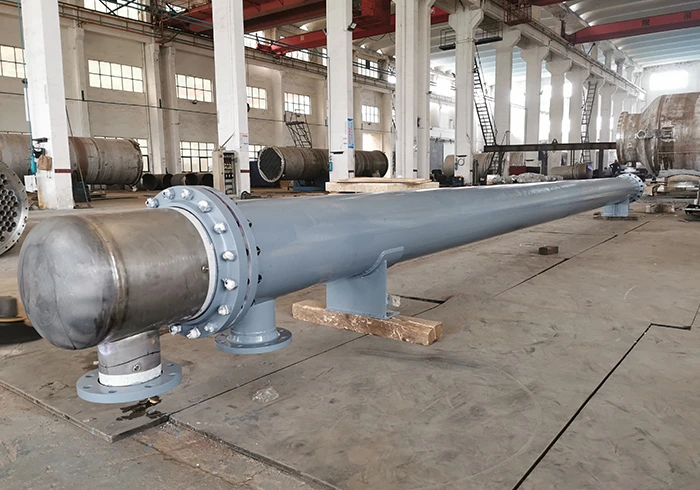Water is an essential resource for sustaining life, but not all water is safe for consumption. In this blog post, we will explore the various types of water that are not suitable for drinking. From contaminated sources to chemical additives, understanding the potential hazards associated with different types of water is crucial for maintaining good health and well-being.
- Contaminated Tap Water:
Tap water, although treated by municipal authorities, can still contain harmful contaminants. These contaminants may include heavy metals like lead, bacteria, pesticides, and industrial pollutants. Regular testing and filtration systems are necessary to ensure the safety of tap water. - Bottled Water:
While bottled water is often perceived as a safer alternative to tap water, not all bottled water is created equal. Some brands may source their water from questionable or unregulated sources, leading to potential contamination. Additionally, the plastic bottles themselves can release harmful chemicals into the water over time. - Well Water:
Well water is commonly used in rural areas, but it can pose health risks if not properly maintained. Contamination can occur due to nearby septic systems, agricultural runoff, or naturally occurring substances like arsenic. Regular testing and treatment are essential to ensure the safety of well water. - Rainwater:
Collecting rainwater for various purposes has gained popularity in recent years. However, rainwater is not suitable for drinking without proper treatment. It can contain pollutants from the atmosphere, such as dust, chemicals, and microorganisms. Filtration and disinfection methods are necessary to make rainwater potable. - Sea Water:
Sea water, abundant as it may be, is not suitable for drinking due to its high salt content. Consuming sea water can lead to dehydration and electrolyte imbalances. Desalination processes are required to remove the salt and make it safe for consumption. - Distilled Water:
Distilled water is created through a process of boiling and condensation, which removes impurities and minerals. While it may seem pure, drinking solely distilled water can lead to mineral deficiencies in the body. It is best to consume a balanced variety of water sources to maintain optimal health.
Conclusion:
In conclusion, not all water is fit for drinking. Understanding the potential hazards associated with different types of water is crucial for making informed choices about our water sources. Regular testing, proper filtration, and adherence to safety guidelines are essential for ensuring the water we consume is safe and healthy. Remember, water is life, but only when it is of the highest quality.





